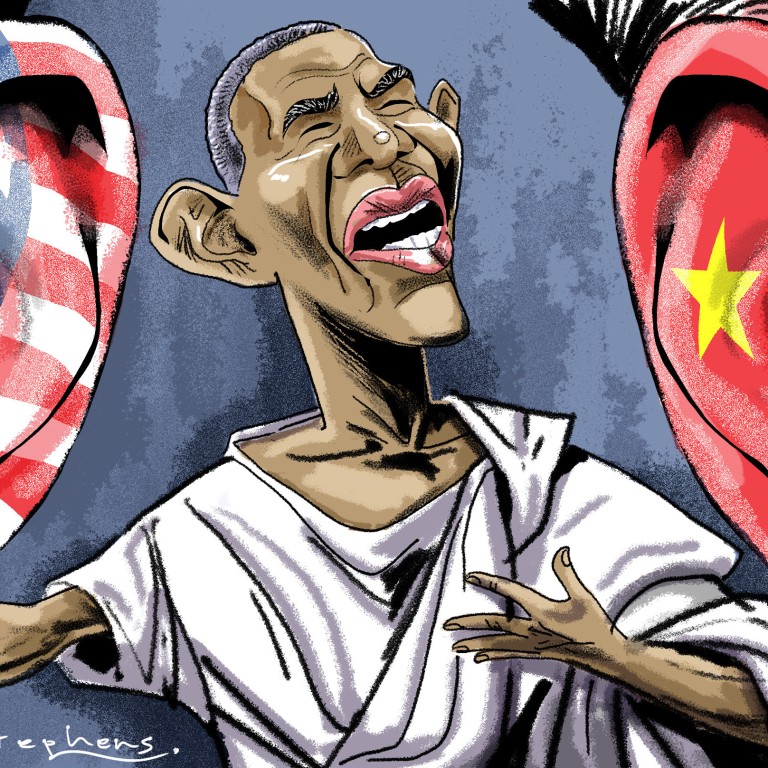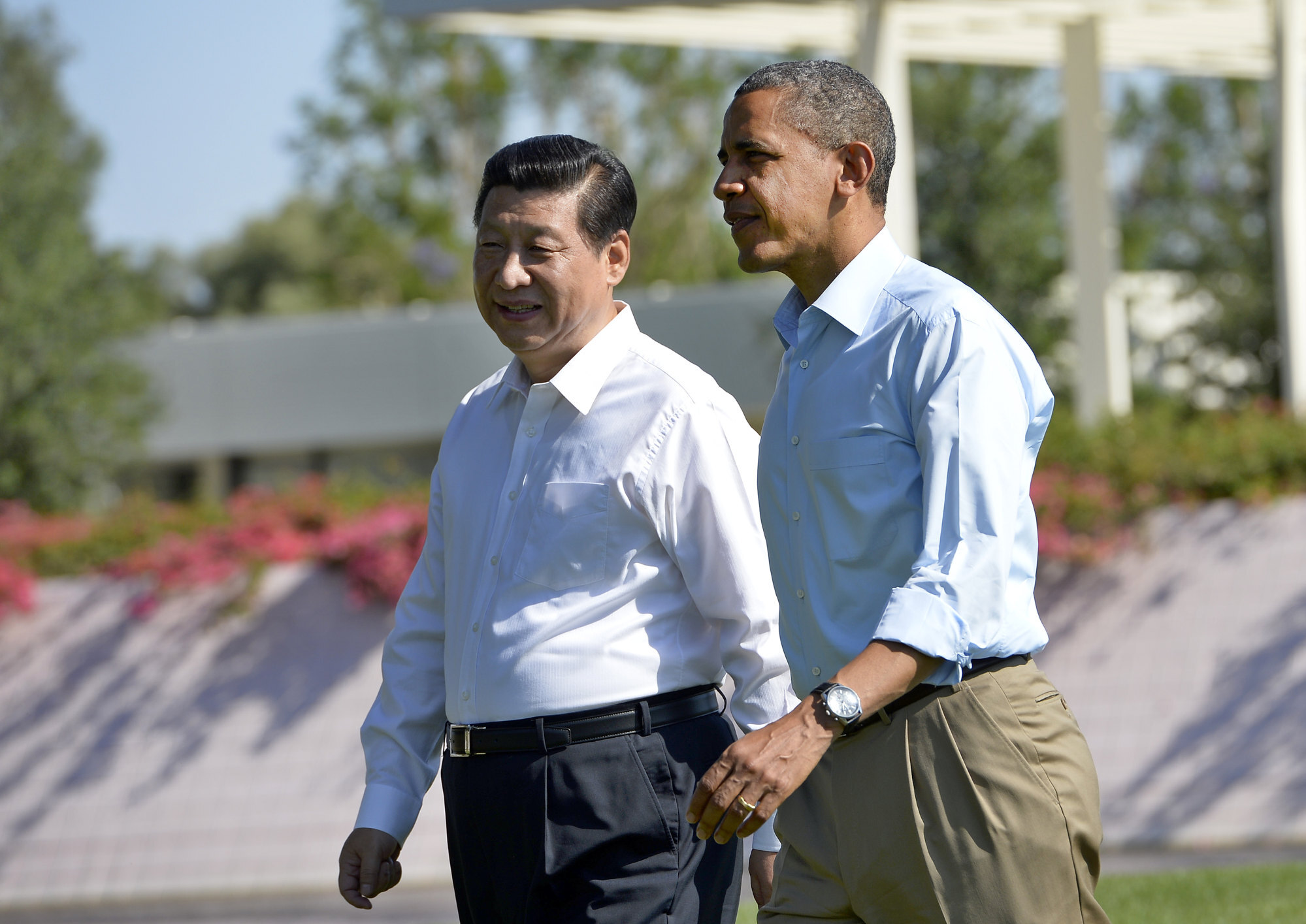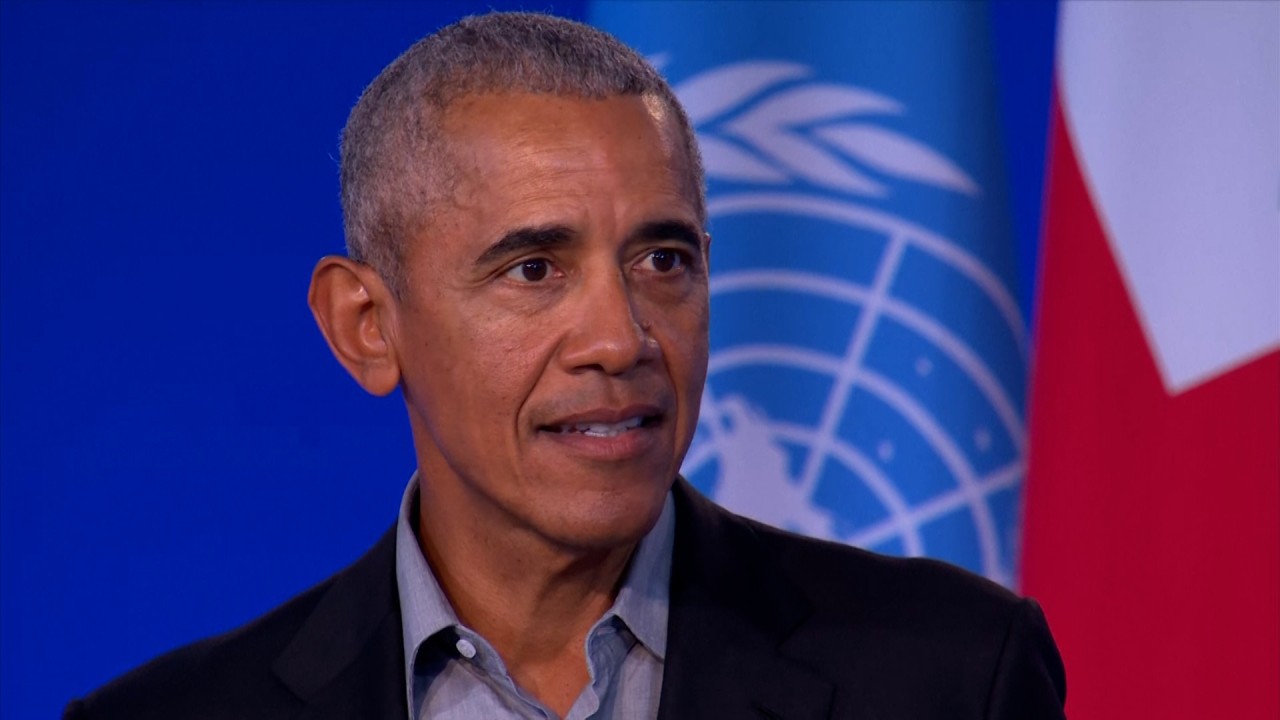
The case for drafting in Barack Obama to help heal US-China relations
- The former US president’s keynote speech at COP26 showed he still has the ability to unite and inspire a crowd to action
- Obama can speak to the issue of Beijing-Washington relations as a special citizen of the world, and China should welcome the idea
If fine oratory is a valuable art form, it is nonetheless becoming a lost one. Beware the mere glitter of charisma alone. In a politician, it is often no more than wrapping paper around a thin gift box of costume jewellery, but true orators can move mountains and nations.
In thinking back on a life of listening to political figures making their pitches, few stand out even though the finest wines of historic oratory hit you quickly from first sip to last.
Then came Obama. The impact of effective oratory includes public persuasion to a new and important idea or core consolidation of a growing consensus over an existing one. Obama’s Glasgow star turn was more of the latter. What was new was his fine-tuning to the ears of the young, as the oldest among us will not live to see the darkest days of the climate reckoning.
“Vote the issue. Vote like your life depends on it, because it does,” he told the assembled delegates. “[But] don’t think you can ignore politics … You can’t be too pure for it. It is part of the process that is going to deliver all of us.”
Great orators are almost incapable of delivering a ho-hum speech. While the gift of a golden tongue is rare, it can be oddly underrated, especially by the envious and less talented. I remember when Obama, then a US senator, was running for the presidency in 2008 and people said he was no more than a puffed-up hot air balloon.
Obama v CY Leung: one has a legacy, the other battles the odds for a second chance
But effective power can derive far more from bursts of persuasion than the barrel of a gun, and a political leader can hardly hope to gun down every idea with whom disagreement is rampant. Oratory can turn heads as well as change minds.
America and China both need to explain their policies and intentions better than they have. Former Republican president George W. Bush could be similarly approached to join the cause. While he is no Cicero, he is a clear and forceful communicator.

The hard work of finding and consolidating common ground is crucial. Golden speech alone will hardly bring a new settled peace to East Asia, but something more is needed than what we have had so far. We need more music in our global relations and less muscle.
Obama might not be America’s best negotiator, but he can still be one of the world’s leading inspirers. He can speak to the issue of Beijing-Washington relations as a special citizen of the world.
Our efforts right now, as Obama put it, need to “give our planet a fighting chance”. This is “a decisive decade” and “cynicism is the recourse of cowards”. Lend this voice your ears.
LMU Clinical Professor Tom Plate is vice-president of the Pacific Century Institute


